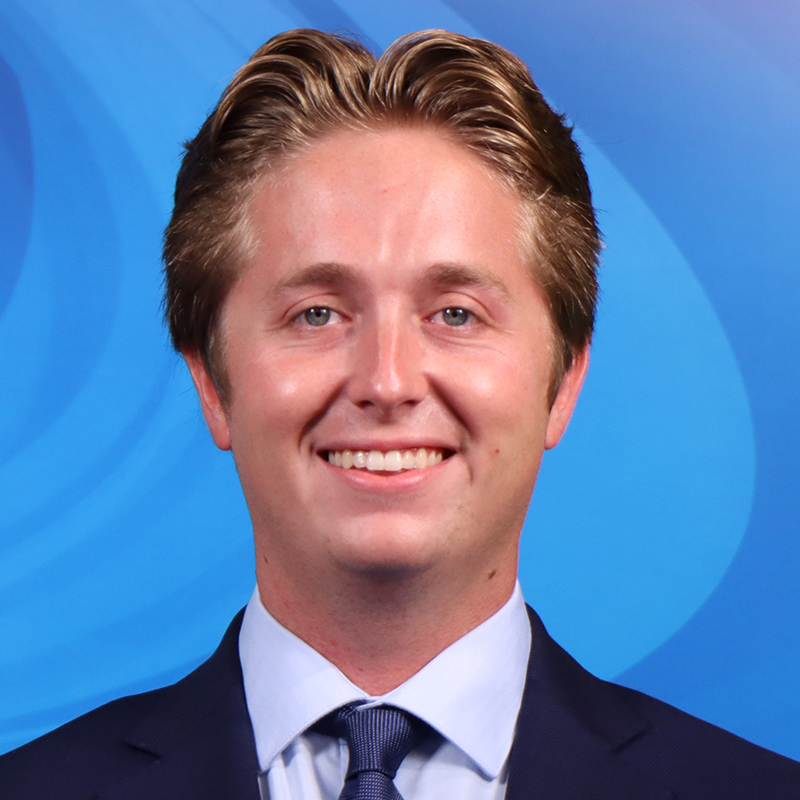Attention Deficit Disorder, Nonverbal Learning Disorder, Processing Speed Disorder… All that disorder made for an uphill battle while chasing a lifelong goal of working in sports media. In order to achieve that goal, I always knew I had to stay in school no matter how difficult it might get—and school was extremely challenging for me from the beginning. IEPs, meetings, emails and responses to intervention, my parents and I had it all. After fifth grade, I was inexplicably “graduated” off the IEP that was keeping me afloat in school. With the challenges of middle school looming, my doctor prescribed Concerta, which instantly changed my life. Concerta made it possible for me to focus on my schoolwork and helped me control the impulse to act out in class. My classroom performance increased as did my self-confidence. As I grew, so did the dosage, but with the higher dosage came more noticeable side effects. The meds killed my appetite to the point where I was often hungry and tired at hockey practice every day after school. I wasn’t eating enough to produce the energy needed to perform at practice.
By junior year, I’d had enough of Concerta’s side effects. Five years on the meds had provided a blueprint of how I could do better in school. And while I made the decision to no longer take it, I still consider Concerta a critical part of how I made it to college. By acting, behaving and studying the same way I did when I was on it, I applied what worked without the pill doing it for me.
Senior year, my parents were concerned about whether I should play hockey, because my grades had slipped a bit since I’d been off the meds. I had to make it work, because giving up hockey simply wasn’t an option. I was determined to prove everyone wrong, to show them that yes, I can finish senior project and get an A on it. Yes, I can get into college. And yes, maybe I can even get better college grades than anyone in my immediate family ever did. Determination kicked in along with maturity.
With the goal of successfully completing college, I was tested by Curry College’s PAL Program to determine whether I qualified. PAL is designed to help students with conditions such as ADHD, Dyslexia and other learning challenges to navigate college. Their testing found I had a Processing Speed Disorder, something copious other tests had missed. They were shocked that I’d successfully completed high school without any significant support. Knowing I needed the kind of help PAL provided, I applied early-action to one school—Curry College. They sent a big envelope a few months later, and the rest is history. The PAL Program was exactly what I needed—someone in my corner. I didn’t need everyday homework help and usually didn’t request extended time on exams, which is one of PAL’s biggest selling points. However, I would go to my PAL Professor, Dr. Webber, for things like picking my classes, advice about communicating with professors and tips on time management, which was my greatest challenge. I’m perfectly capable of finishing assignments, but my ADD can make concentrating a major struggle. Meeting weekly with Dr. Webber helped remind me that school is the main reason I’m there. She taught me to advocate for myself, which might be the most important factor in getting through college. We often talked about how participating in classroom discussions goes miles further than the gradebook indicates. Even if you aren’t caught up on material, “Try your best to participate,” she’d say. “It doesn’t go unnoticed.” Dr. Webber and PAL gave me tools and strategies that put graduate school within reach.
You asked me to write about a moment of truth in my life, and I can honestly say my proudest moment thus far was making the Dean’s List my sophomore year. What a thrill that was for me and my parents. Of course, I wondered if it was a one-off. Then it happened again and again. I’ve made the Dean’s List five times now, each time a victory more than seventeen years in the making. My greatest accomplishment will be finishing college in May with an excellent GPA, an expanded worldview and a passion for writing and reporting that I hope to perfect in graduate school. My second greatest accomplishment would be acceptance into your esteemed Master’s of Journalism program.
